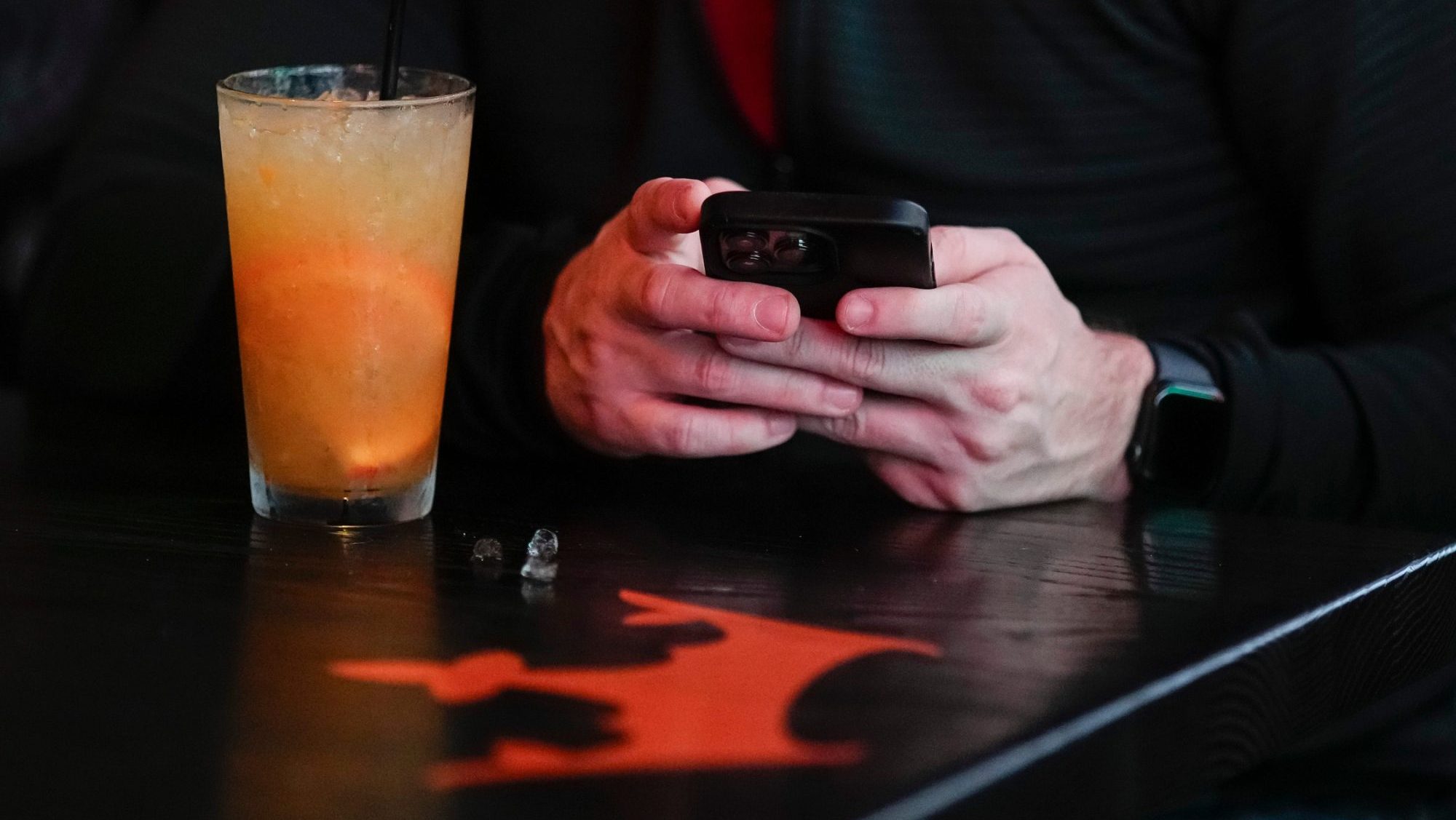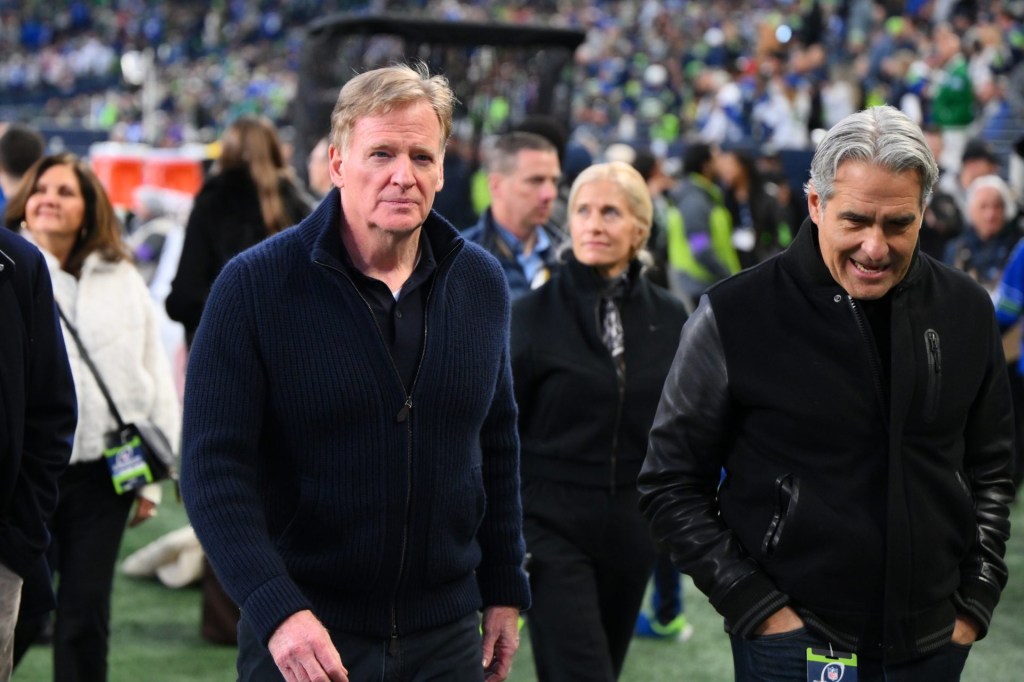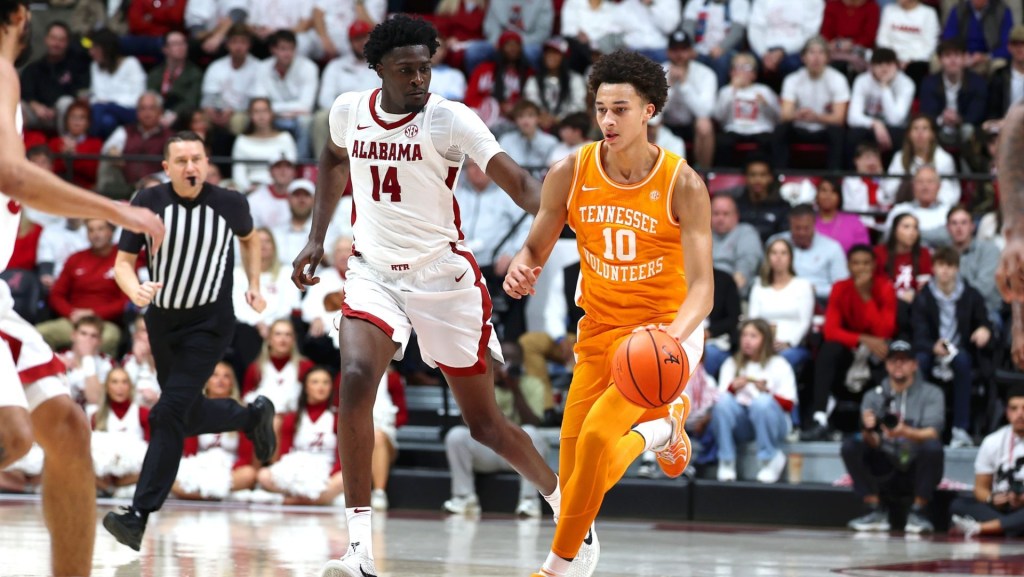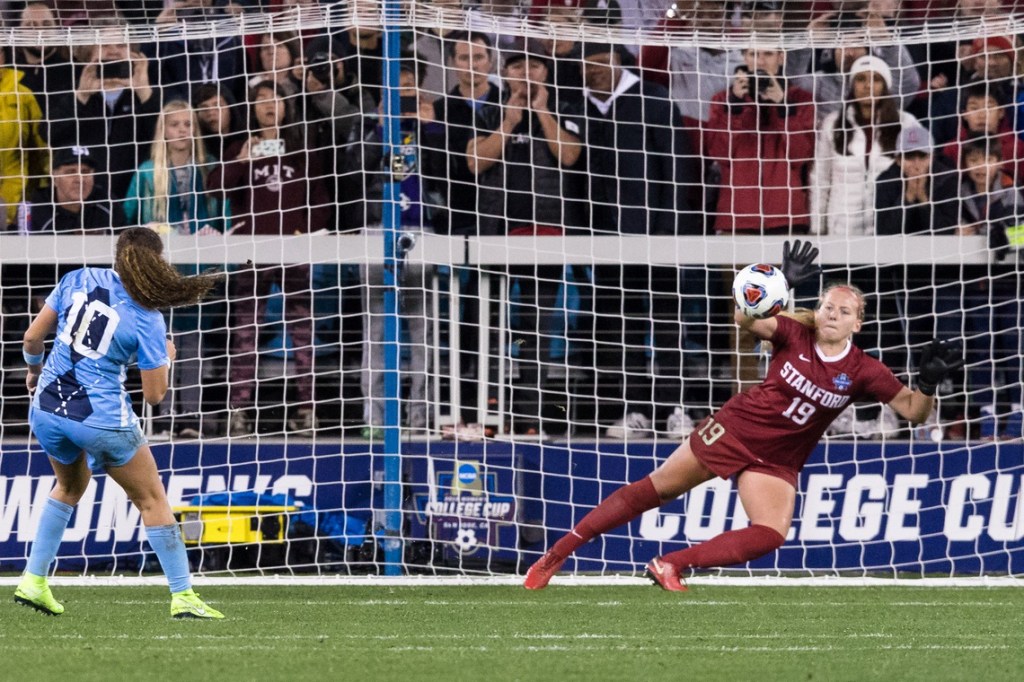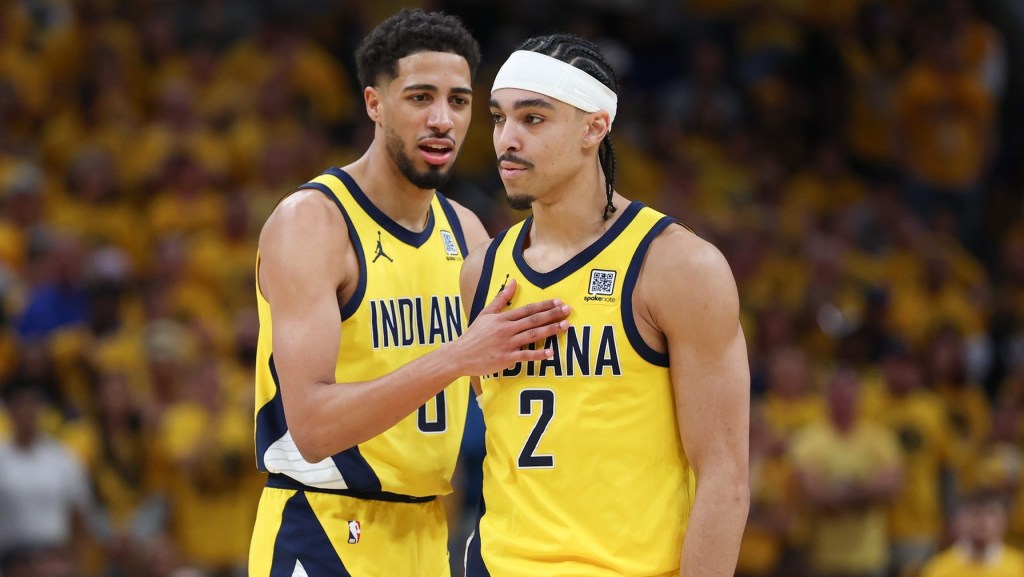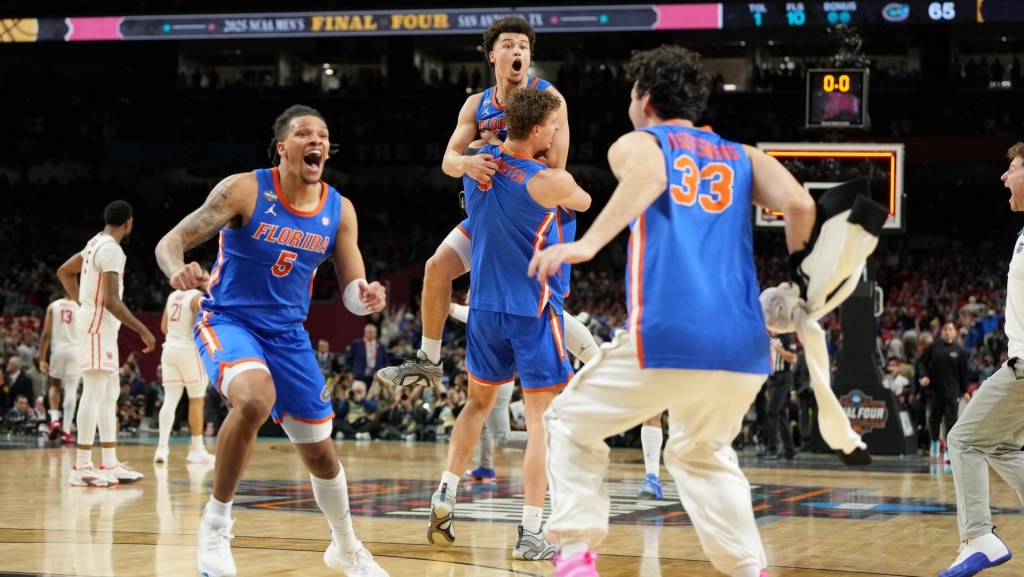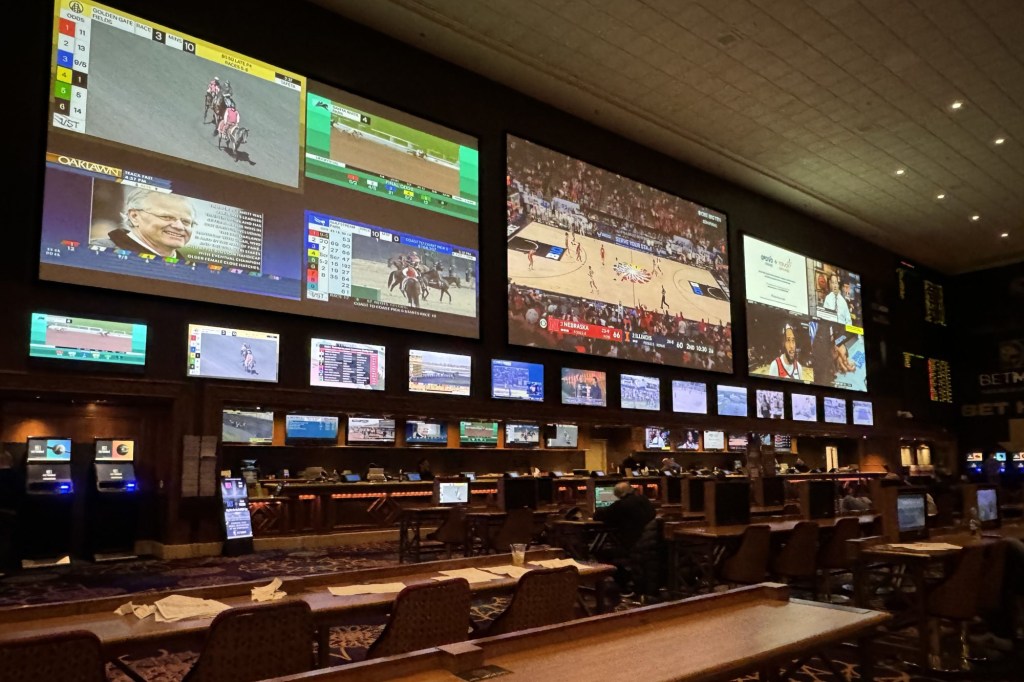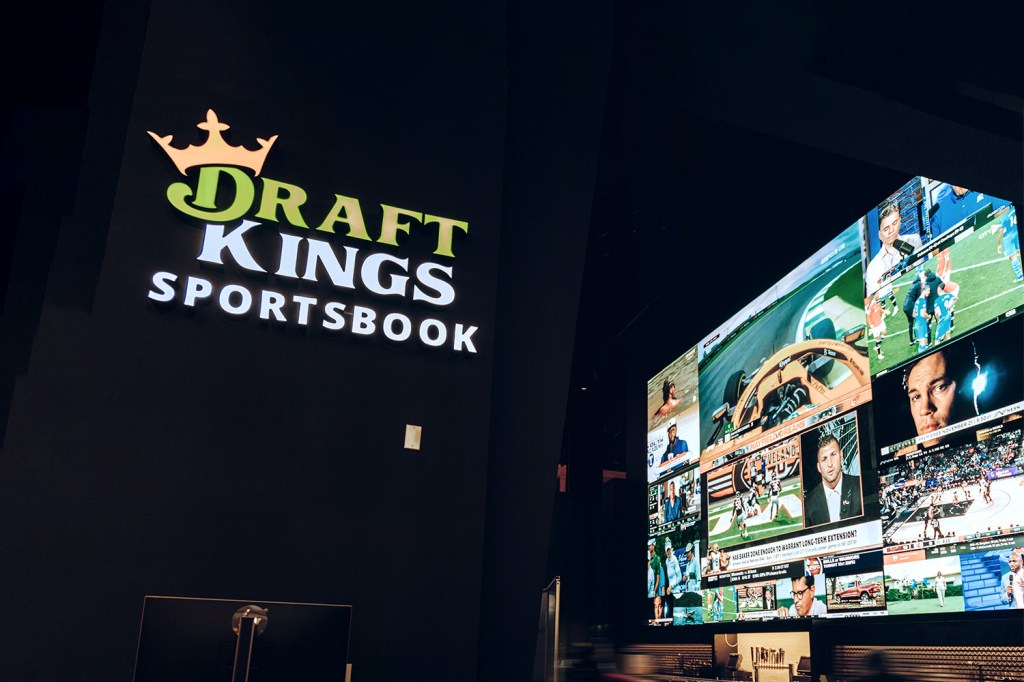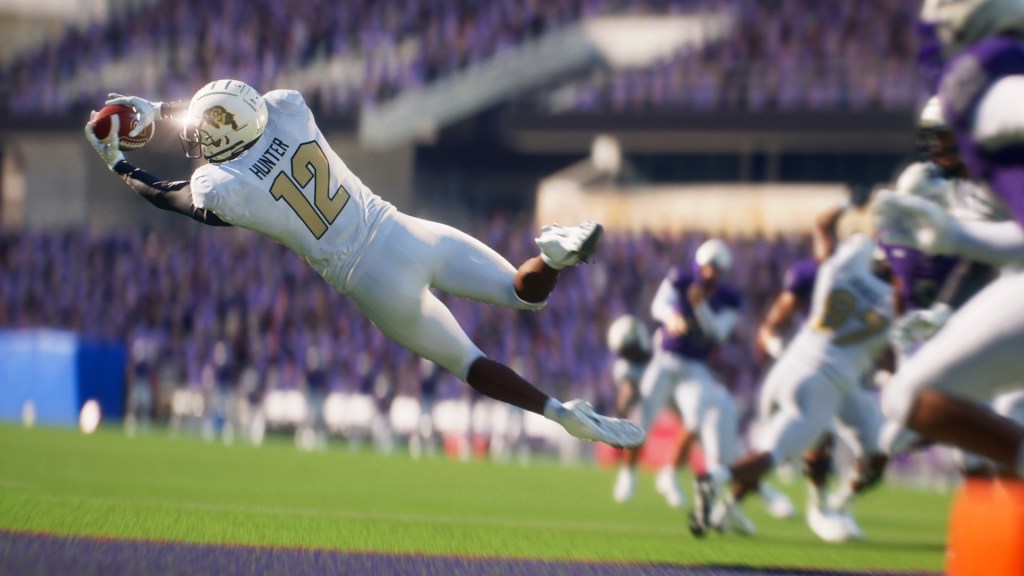A new lawsuit filed in U.S. District Court in New York alleges that DraftKings’ invite-only VIP program is designed to target gambling addicts.
Dr. Kavita Fischer, a Pennsylvania psychiatrist, is suing the popular betting app for negligence and intentional infliction of emotional distress. She argues that DraftKings “breached its duty of care” by recklessly inducing her to gamble even though she repeatedly displayed signs of addiction. The story was first reported by The Wall Street Journal.
While gambling advocates might argue that betters play at their own risk, Fischer purports to come with receipts demonstrating DraftKings knew she was addicted. DraftKings has not yet replied to a Front Office Sports request for comment.
According to the complaint, company data of her transactions “showed exponential growth in the deposits, frequency, and in amounts and frequencies which only an addicted gambler could deposit and gamble.”
Specifically, after being upgraded to the VIP program on Dec. 8, 2022, she says she made 446 deposits totaling more than $208,000 from Jan. 1 to April 2 and lost over $153,000.
All the while, she alleges, her betting activity increased because the VIP program—which comes with a personal VIP “host”—offered her “incentives, gifts, bonuses, and awards” to encourage her to keep playing. These included credits, complimentary hockey tickets, and DraftKings points.
If DraftKings didn’t know her mounting losses were causing her “severe financial damage and emotional distress,” she says it should have—because she told them about her addiction.
According to the complaint, early in January, Fischer emailed her VIP host that she “should probably use (her) rational brain and switch to a table game or quit gambling completely” while also asking for “some VIP love based on (her) donations to DK this year.” The company allegedly responded by sending her $500 in casino credits the same day.
That wasn’t the only time, according to the complaint. On March 21, she asked DraftKings for a loan so she could pay her mortgage. In the email, she wrote: “Probably means I need to quit gambling soon also.”
It was at this point, she says, that her host emailed her, saying, “I want to check in with you, are you still playing within your means/budget? We take responsible gambling very seriously here, and never want someone to be playing outside there (sic) comfort zone. Ensuring everyone is engaging in safe and responsible play is my number one priority.”
Yet in the course of the next week, Fischer says, she received six emails from DraftKings “containing enticements to continue and raise her deposits and gambling” before she responded to the concerned email.
What it boils down to, according to Fischer, is that DraftKings doesn’t want its gambling addiction prevention measures to actually prevent gambling. Quite the opposite. The lawsuit alleges that the company “intentionally targeted and preyed on Plaintiff with incentives, credits, and gifts to create, nurture, expedite, and/or exacerbate her addiction despite and/or because of their knowledge of her addiction.”
She’s asking for compensatory and punitive damages, plus interest and legal costs.
The National Council on Problem Gambling (NCPG) says gambling problems are at least twice as common in sports bettors than gamblers as a whole and that the surge in participation in fantasy games from 2004 to 2018, before the Supreme Court overturned a federal ban on sports betting, was a precursor to “significant increases in problem gambling severity.”
Sports betting’s state-based regulatory structure means that each state has its own rules regarding consumer protection and advertising. A NCPG report found that states, on average, only met 32 of its 82 player protection standards.
Until those standards improve, the industry, which took in nearly $120 billion in bets in 2023, may see more suits like this one. A separate class action against DraftKings in New Jersey argues that the company deploys advertising practices meant to turn likely losers into addicts. And DraftKings is facing another potential class action in New York over allegedly misleading advertising efforts to recruit new players.
